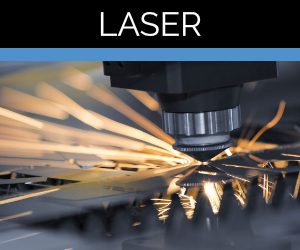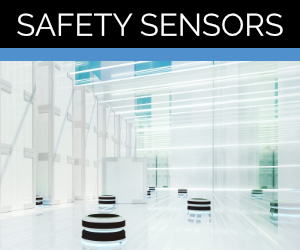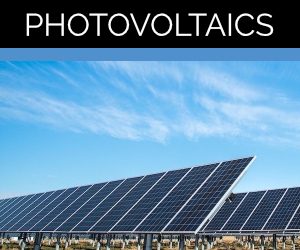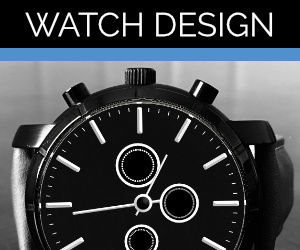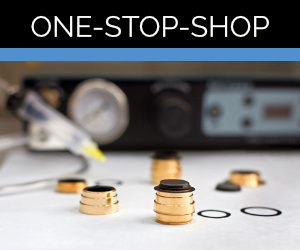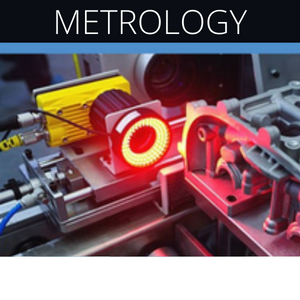Advantages of Using Aluminum Coating
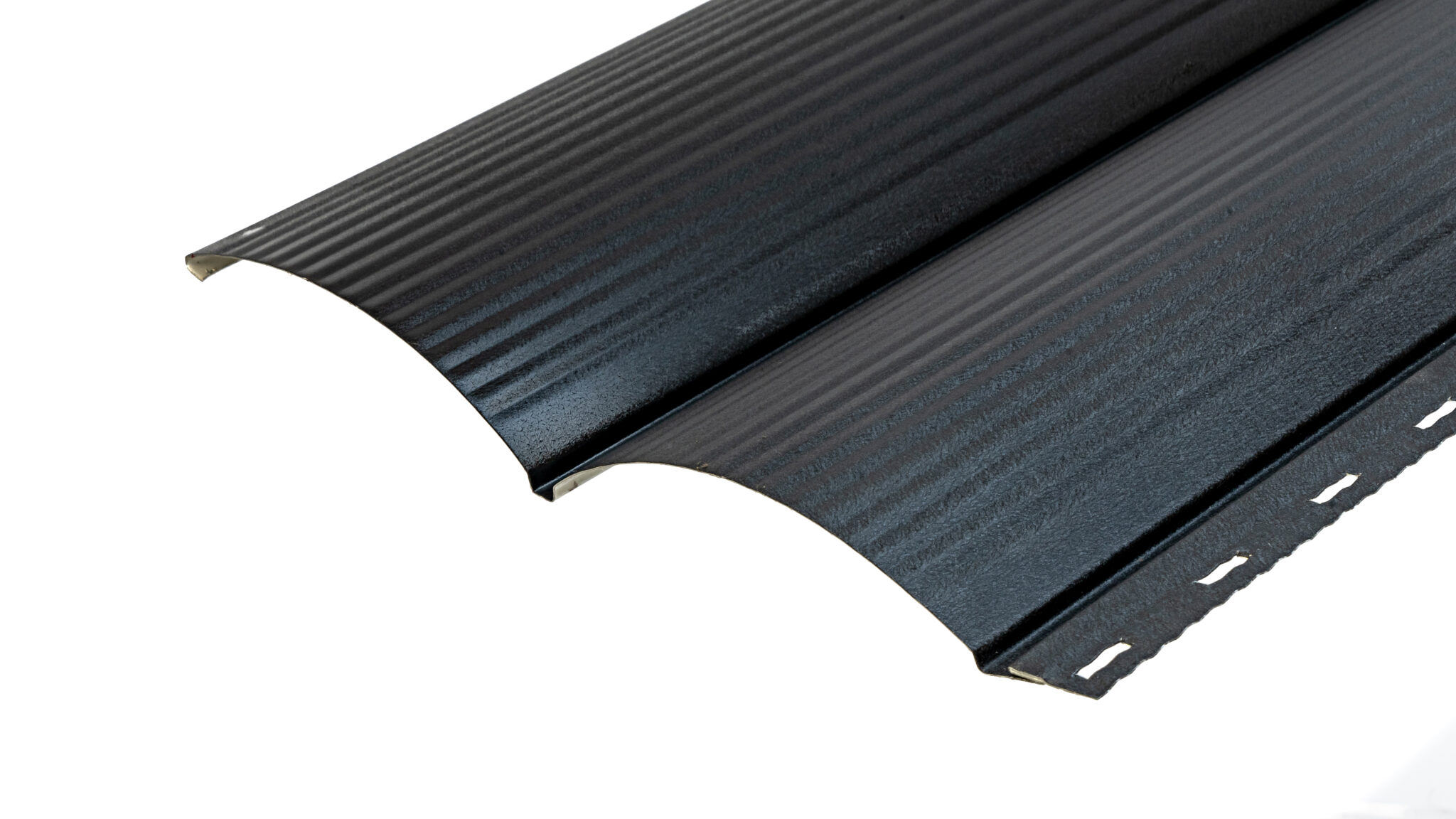
Aluminizing steel is a process in which an aluminum coating is applied to a metal surface. This coating provides a number of advantages, primarily corrosion resistance. Aluminum has a self-protecting characteristic to oxidation that gives it enhanced resistance to corrosion and rusting. It can withstand many harsh environmental conditions that other metals cannot, making it an ideal choice for outdoor applications such as parking garages, warehouses and construction sites. The hot dipping process used to form the aluminized coating also helps protect the base metal from oxidation and chemical attacks.
In addition to providing superior protection against oxidation, aluminizing steel also offers higher levels of sulfidation resistance and carburization resistance than carbon steel or aluminum on its own. In particular, this coating is highly effective at shielding against hydrogen sulfide (H2S) and sulfur oxides (SO2, SO3). By preserving the integrity of the underlying material from these damaging substances, aluminized steel is able to provide long-term stability in outdoor applications and extreme temperatures. Furthermore, as with any protective layer, aluminizing steel reduces maintenance costs over time by eliminating the need for frequent repainting or reapplication of protective coatings.
The thermal diffusion process used when applying an aluminum coating to steel also results in improved thermal energy transfer capabilities for heat exchangers and cooling devices. Aluminizing increases the overall efficiency of these mechanical systems by improving their ability to either absorb or dissipate heat more quickly when compared with non-aluminum coated materials. The increased heat conductivity provided by aluminizing allows manufacturers to reduce the size of their equipment while still achieving optimal performance levels or desired temperatures.
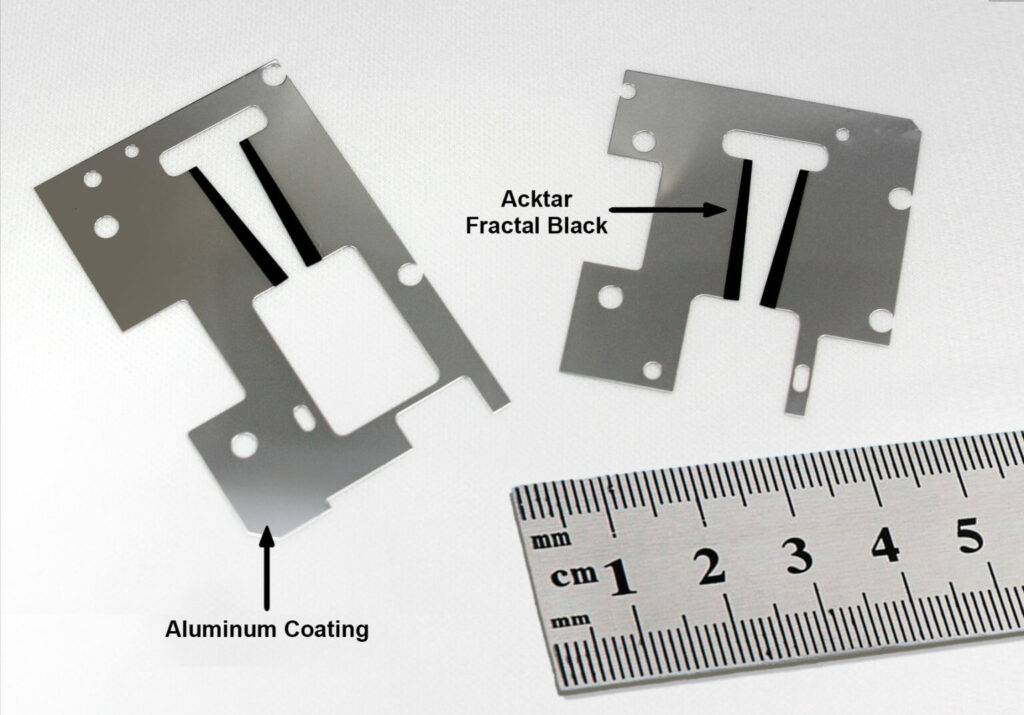
Where the above thermal energy transfer applications include a requirement for high-emissivity for passive heat dissipation – performance can be enhanced by the addition of Acktar high emissivity coatings on top of the aluminum.
Overall, aluminizing steel can be considered one of the most beneficial processes for protecting metal surfaces against corrosion damage while providing multiple other benefits that make it ideal for use in industrial applications. Its superior corrosion resistance properties combined with enhanced thermal conductivity make it perfect for both indoor and outdoor environments where extended periods of exposure could potentially lead to severe damage if not properly protected.
Aluminum coating offers unmatched high temperature resistance compared to many other materials
Making it ideal for a variety of applications. It is highly reflective and bounces away about 80 percent of visible light and up to 90 percent of radiant heat that comes into contact with its surface. This means that the base material will be protected from temperatures reaching up to 800 degrees Celsius (1,470 Fahrenheit). This is much more than what galvanized steel can protect against, as it has a recommended maximum temperature of around 200 degrees Celsius (392 degrees Fahrenheit). Furthermore, aluminum coating is less likely to deform under heat stress when compared to materials such as stainless steel.
It is easy to apply and can be used in multiple ways due to its low weight and incredible strength. Aluminum does not corrode or rust as quickly other materials do, making it a great choice for structures exposed to the elements. It also has better thermal properties which makes it suitable for insulation purposes. In addition, aluminum coating has good electrical conductivity which allows it to be used in the manufacturing of electrical capacitors and other components requiring electrical protection.
Overall, aluminum coating provides superior protection against high temperatures, corrosion and deformation due to heat stress when compared to many other materials. It is lightweight, strong and relatively easy-to-apply which makes it an ideal choice for various industrial applications requiring excellent insulation qualities and durability.
Lower cost
Aluminum is an incredibly abundant metal, found in the earth’s crust and making up around 8% of its composition. Because of this abundance, it is used widely across a variety of industries and applications. The hot dipping process used to produce aluminum coating is far more efficient than other methods, resulting in greater production output at a lower cost. This makes aluminum coating one of the most affordable options among similar materials. Additionally, the process involves no hazardous waste materials or by-products that may need to be disposed of afterwards, further contributing to its economic value. Furthermore, aluminum has strong resistance to oxidation and corrosion which leads to a much longer service life when compared with other coatings. This means it requires fewer maintenance costs over its lifetime as well as less replacements or repairs over time; all contributing factors to keeping costs low for end users.
Aluminum is a particularly abundant metal and widely used, making it available at an economic price, which is often lower than other similar options. The hot dipping process involved in aluminum coating is also more efficient and cost effective than other methods. This means that the production of aluminum coatings can be achieved with fewer resources and less labour, resulting in reduced overall costs. Additionally, many coil coating operations are automated and can run around the clock without the need for direct human supervision or maintenance, which further reduces costs while providing consistent quality results. In addition to the lower production costs mentioned above, using aluminum coatings often results in lower maintenance costs over time due to its strong corrosion resistance properties. Aluminum coatings do not require frequent reapplication or touch-ups like traditional paint systems as its protective properties remain intact even after years of exposure to harsh environmental conditions such as ultraviolet radiation and salt water spray. This makes it an ideal choice for businesses looking to reduce their long-term operational costs.
Do you have a question? Our experts will be happy to hear from you and advise you on the best product for you. Contact Us.


